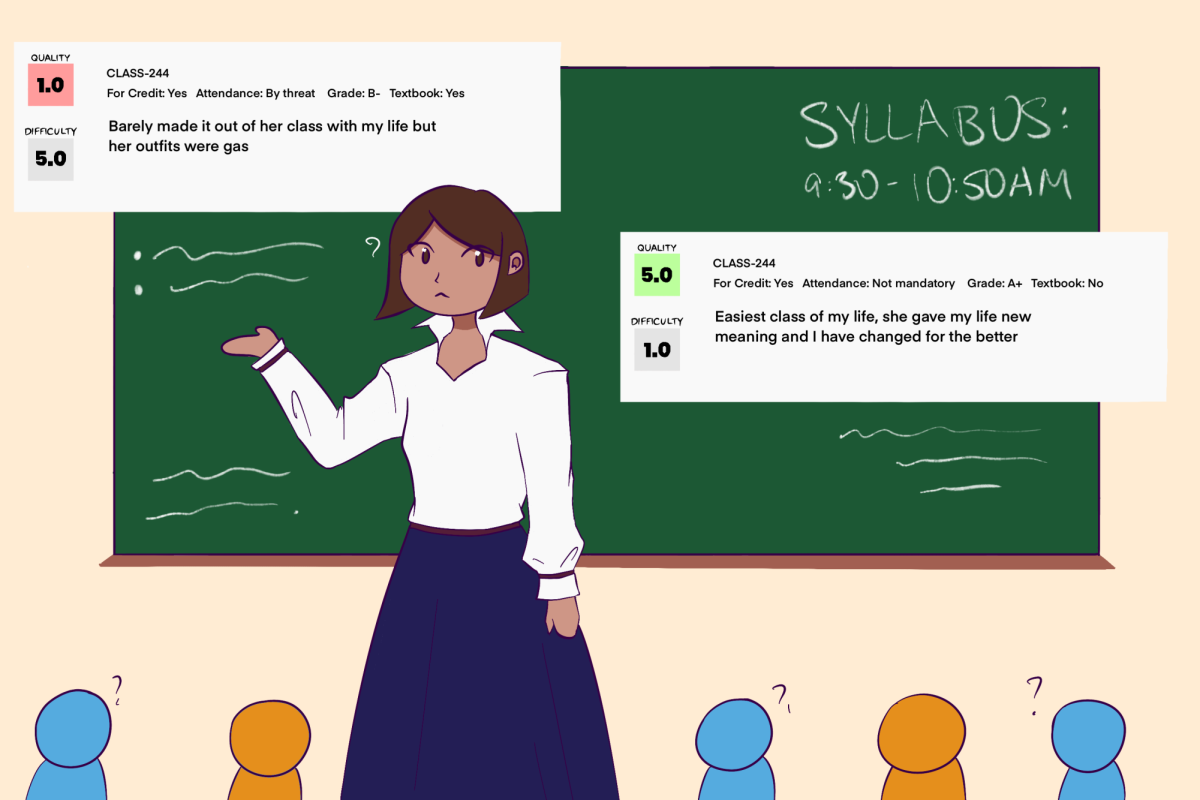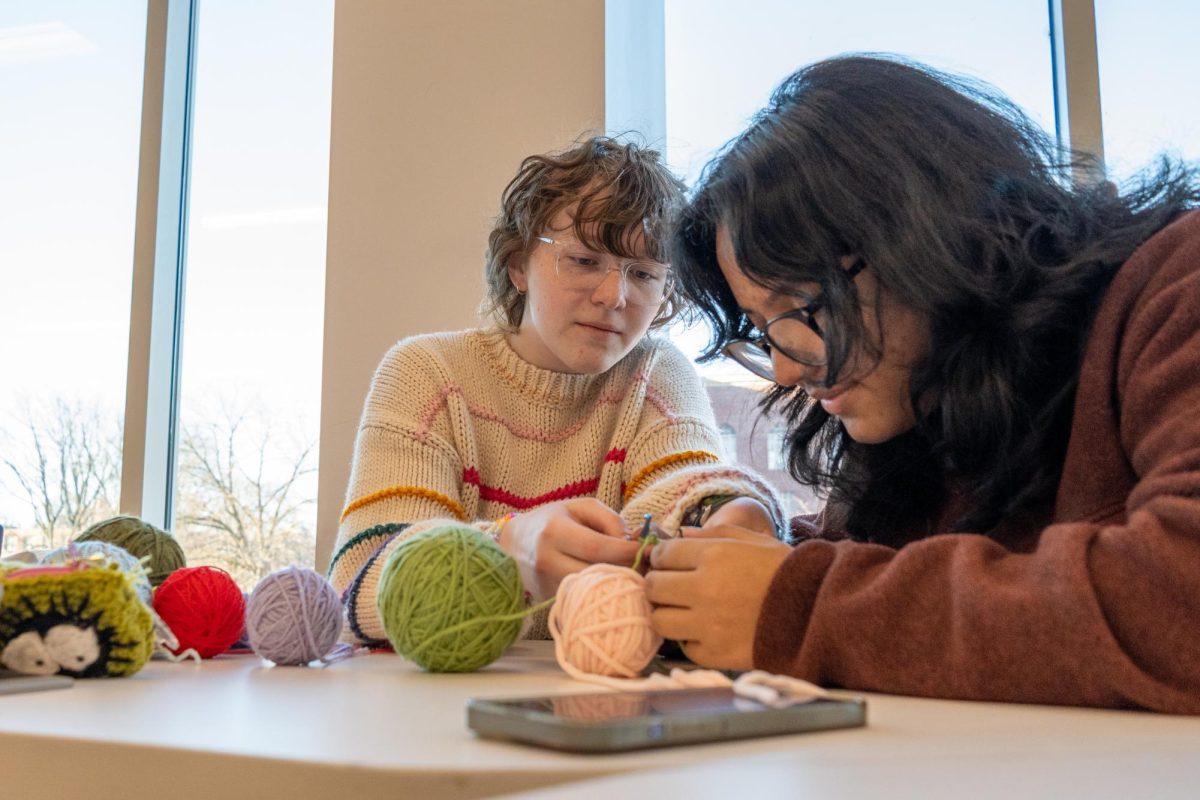The Greater Community AIDS Project, an east-central Illinois-based nonprofit that assists individuals living with HIV and AIDS, is celebrating its 40th anniversary this year.
GCAP provides transitional housing, nutritional assistance and case management for those in need. Volunteers and donations run the organization.
“A lot of times when people are homeless, they don’t have access to appropriate medical care,” said Darya Shahgheibi, executive director of GCAP. “One of the first things that we do is make sure that they can establish care with a provider.”
Shahgheibi stressed the importance of providing care for those affected. However, the organization faces issues with its current housing situation having limited space.
“Last year we saw 15 people, we are on track to see about 20,” Shahgheibi said. “It’s a lot for a six-bedroom house. We’ve had two clients die this year from inability to get medical care.”
Get The Daily Illini in your inbox!
Transitional housing is a unique service that does not receive consistent government funding. Inconsistent funds make expansion projects difficult.
However, GCAP is also expanding its services beyond housing. In the past year, funding for GCAP’s financial assistance program has quadrupled.
“We were only getting a grant for $7,500, and now we are getting $30,000 in aid to distribute to folks living with HIV and AIDS,” Shahgheibi said.
The grant plays a large role in financially supporting clients. The funds not only assist with medical expenses but also aid in preventing evictions. However helpful, the amount is often not enough and gets spent quickly.
GCAP encourages and appreciates monetary contributions. Donations can be sent through its donation page or delivered to its P.O. Box 713, Champaign.
According to GCAP’s website, “The Greater Community AIDS Project heavily relies on the generosity of members of the community to help support its various programs.”
While GCAP focuses on protecting the community’s physical health, it has also substantially impacted its clients’ mental health.
Whisky Blu, a client and board member at GCAP, was diagnosed with HIV in 2013 and lost stable housing in 2024. GCAP invited him to stay at its transitional housing a few months later.
“When I came in here, I was depressed,” Blu said. “I didn’t even have the will to live.”
Fortunately, the opportunities GCAP provided — ranging from planning self-growth goals to attending cooking classes — gave Blu a chance to live a better life where he felt increasingly more stable and happy.
“It gave me the support that I needed to start seeing a glimmer of hope,” Blu said. “This gave me the opportunity to really start getting my health stuff back in order, getting my insurance back in order and getting my medications back.”
This new perspective on life led Blu to become a board member, where he advocates for others with HIV or AIDS. He stressed the importance of being a voice for people who are in similar situations.
“I wanted to be able to bring that perspective from someone who is HIV positive,” Blu said. “There is so much stigma that is connected to being HIV positive. The only way for us to eradicate the stigma is by people becoming educated, and who else is better to do the educating than someone who themselves are HIV positive.”
GCAP addresses incoming clients’ cases quickly. The same day an individual accepts the organization’s offer to live at the housing site, they are moved in after completing a health assessment, paperwork and answering a series of personal questions.
“It came about rather quickly for me to make the transition,” Blu said. “They brought me here to the house, got my room ready and looked out for me so much. … I’m grateful that they were supportive.”
GCAP continues to influence the lives of individuals struggling with these diseases by creating a safe place.
“It definitely changed my life,” Blu said. “It gave me my life back.”








